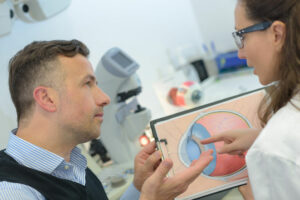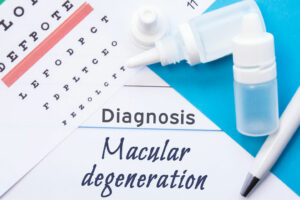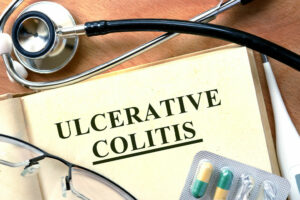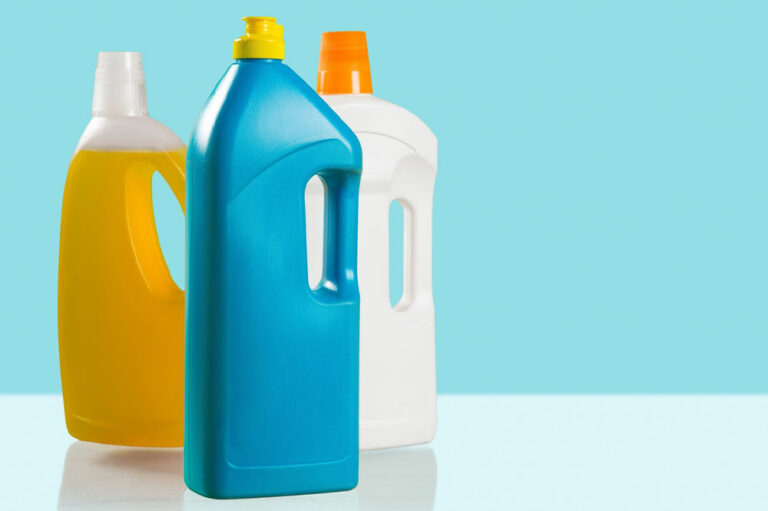Sugar is a vital source of energy and essential for survival. However, not all sugars have the same effects. Fructose, naturally present in fruits and vegetables, and lactose in milk and dairy products are natural sugars. However, added or refined sugar usually found in processed foods should be avoided. This sugar, when added to meals excessively, can increase the risk of developing various health conditions such as diabetes, fatty liver disease, and high blood pressure.
Signs of excessive sugar intake
Irritability
Excessive sugar intake can lead to irritability, moodiness, and increased stress levels. A 2010 study suggested that high levels of sugar intake can promote inflammation, worsen one’s moods, and even increase the risk of developing depression. Exceeding the recommended sugar intake would mean that one is opting for meals high in sugar without adequate proteins or fat, leading to a spike in blood sugar levels. After a while, the previously elevated energy levels crash, making one feel irritable and sluggish. So, one should track their energy levels before and after a meal, especially when dealing with diabetes.
Trouble sleeping
A study found that poor quality of sleep is associated with increased sugar intake. Disruptions in sleep cycles can lead to restlessness. So one must choose foods such as egg whites, milk, cheese, and peanuts to increase tryptophan—an essential amino acid that promotes sleep. Further, sugar enhances one’s energy making one stay in the rapid eye movement (REM) sleep stage longer. This may lead to tiredness or sluggishness after waking up.
Skin breakouts
Some people may experience a sensitivity to spikes in insulin while consuming sugar-rich foods. This can cause a hormonal imbalance leading to breakouts like rosacea or acne. So, those experiencing frequent breakouts should determine if the underlying cause is sugar-rich meals and limit their sugar intake.
Developing cavities
Usually, saliva maintains a healthy balance of bacteria in the mouth, but excessive amounts of sugar can alter the pH balance here, affecting the natural ecosystem. This makes the existing bacteria multiply, leading to cavities and tooth decay.
High blood pressure
Some may have experienced high blood pressure after eating a lot of sweets or drinking sugary beverages. This is because the high sugar content in the body reduces nitric oxide in the blood vessels, making them narrow. This constriction can also lead to poor blood flow to the brain, affecting normal functioning and increasing the risk of memory loss and brain fog.
Managing blood sugar
Hyperglycemia, also known as high blood sugar, is often associated with diabetes, where the body cannot make insulin or use it effectively. So, managing one’s blood sugar levels is an important part of medical treatment for diabetes. Here are some ways to lower one’s blood sugar:
Exercise regularly: Exercising regularly is one of the most effective ways to increase insulin sensitivity. This encourages the cells to use up more sugar in the bloodstream. One can brisk walk, dance, bike, or swim regularly to maintain a healthy lifestyle. Additionally, top healthcare professionals also suggest patients regularly exercise for 10 minutes three times a day as a treatment option for health issues.
Switch to a fiber-rich meal plan: Fiber effectively slows down sugar absorption. So, meals rich in fiber can help one regulate blood sugar levels and even minimize blood sugar lows. So, those with hyperglycemia should add legumes, fruits, vegetables, and whole grains to their meals. As better food choices can naturally decrease and manage blood sugar, these changes are usually recommended as top treatment options for health conditions like diabetes.
Increase water intake: Drinking enough water not only prevents dehydration but also helps manage blood sugar levels. Water helps the kidneys flush out excess sugar through urination. Additionally, drinking water throughout the day can lower the risk of developing high blood sugar levels.
Choose low-GI foods: The glycemic index or GI measures how quickly the body can break down carbs during digestion. Foods with high glycemic index can lead to a spike in blood sugar levels. So, people with high blood glucose should choose low-GI foods like lentils, beans, and oats to help treat diabetes and prevent other associated health complications such as CKD (or chronic kidney disease).
Manage stress levels: Stress contributes to increased blood sugar levels. When a person is stressed, the body secretes hormones known as cortisol and glucagon, which cause a spike in blood sugar levels. So, one can try relaxation methods such as yoga, mindfulness, and meditation to aid in the treatment of major medical conditions like diabetes. Additionally, these methods may also help one deal with insulin secretion problems common among those with diabetes.
Get enough sleep: Adequate rest is incredibly crucial for good health. In fact, an erratic sleep schedule causes sleep deprivation, leads to a rise in cortisol levels, and hinders blood sugar management. So, healthcare professionals suggest that adults should get 7 to 8 hours of sleep every night to manage insulin sensitivity. Some ways to improve sleep quality are following a strict sleep schedule by creating a manageable bedtime routine, keeping the bedroom cool, and cutting down on screen time. One can also use soothing scents such as lavender or take a warm shower before bed to get sleep well.
If one believes they may need medical treatment for diabetes, they should look up “health tests near me”. Some of the diagnostic tools usually recommended are the A1C test, fasting blood sugar test, and glucose tolerance test. The results may help the patient and doctor understand issues with blood sugar levels. As an increase in blood sugar levels can lead to multiple health conditions, one should seek the advice of a healthcare professional when dealing with high blood sugar. One can look up treatment centers near them and book an appointment to get a treatment plan that works best for them.

















